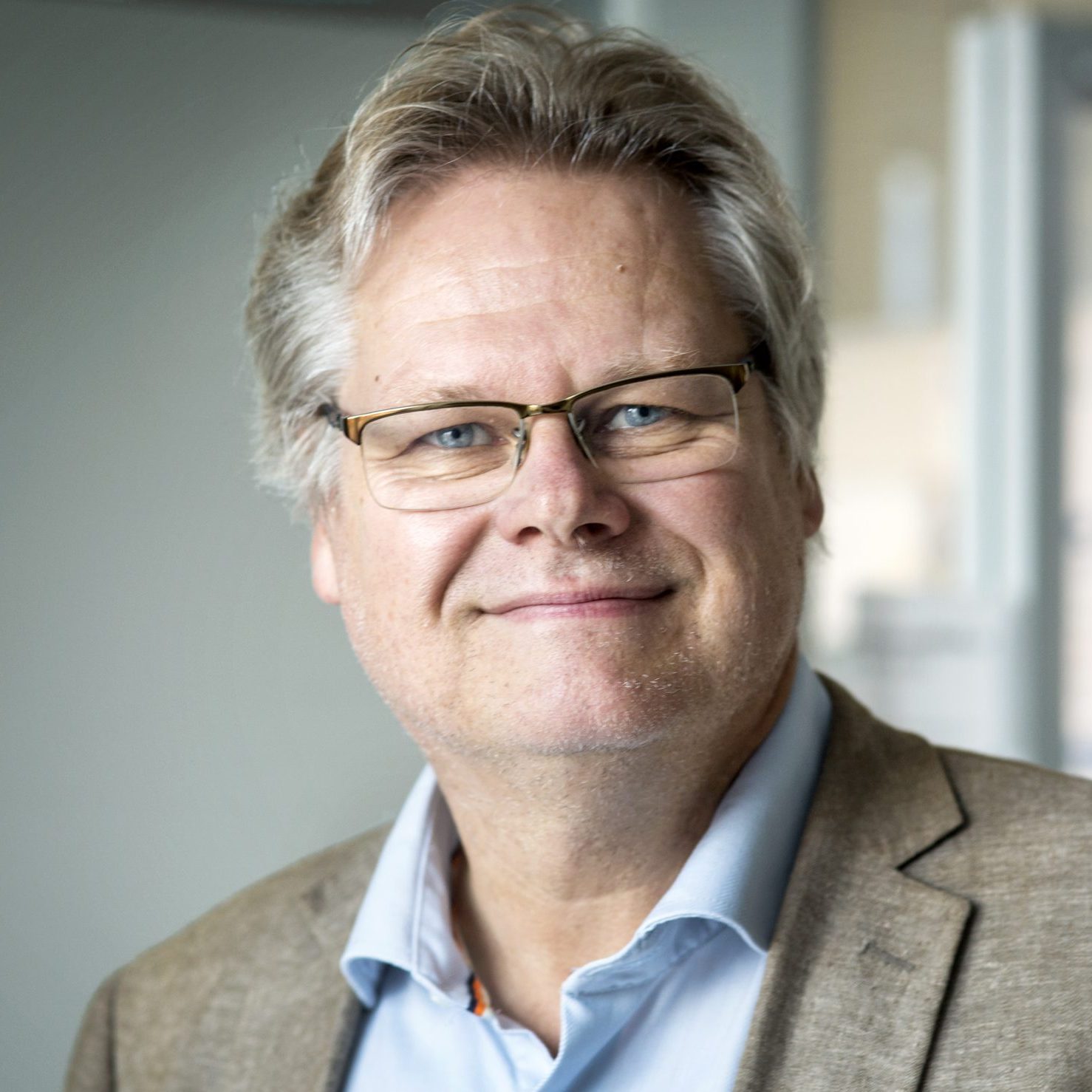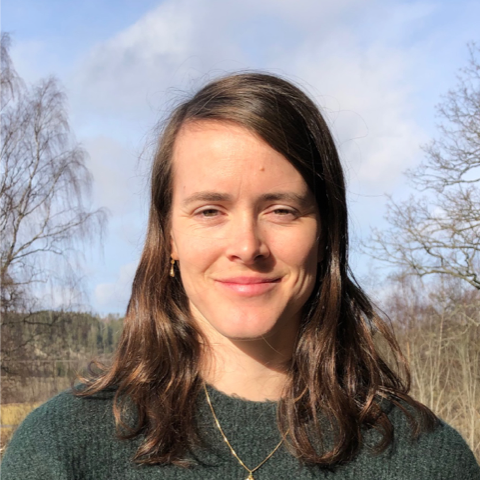About the project
Objective
The aim of this project is to analyse and understand the environmental impacts of increased digitalisation and the use of Information and Communication Technologies (ICT) from a life cycle perspective. The project will include both method development and application through case studies. It will build on established life cycle assessment (LCA) approaches and further develop methods to estimate the environmental and resource impacts of both existing and future ICT systems and solutions. The assessments will address a broad spectrum of impacts, including climate change and energy use, but also other environmental and resource-related impacts.
The project will analyse not only the direct (first-order) environmental impacts of ICT, including those related to raw material extraction, production, use, and end-of-life treatment, but also indirect effects such as substitution and optimisation (second-order), as well as broader transformative and rebound effects (higher-order). Particular attention will be given to the enabling potential of digital solutions, meaning their ability to reduce environmental impacts in other sectors, and to identifying the conditions under which such benefits are achieved or undermined by unintended consequences.
Several methodological challenges will be addressed in this project. These include the development of simplified LCA methods suitable for use in product development and design, prospective LCA approaches to evaluate potential impacts of future systems, and the inclusion of broader environmental and resource indicators. The project will also assess how digitalisation affects consumption patterns and explore the environmental implications of those changes. Case studies may vary in scale, focusing on specific devices, applications, and broader sectoral or societal assessments.
Background
The ICT sector is currently responsible for an estimated 1.4 percent of global greenhouse gas emissions (Malmodin et al. 2024). While the future size of this footprint is uncertain, digitalisation is also regarded as a key enabler of sustainability through improved efficiency, reduced material consumption, and the introduction of new low-carbon solutions. This dual role presents both opportunities and risks, making it essential to apply robust and scientifically grounded methods for evaluating environmental consequences.
The environmental effects of digitalisation can be categorised into direct effects such as emissions and resource use during production, use and disposal, second-order impacts (substitution and optimisation effects that occur when digital systems replace traditional ones), and higher-order impacts (including systemic changes such as rebound and induction effects, as well as positive effects like encouraging sustainable lifestyles). A comprehensive understanding of these effects is necessary for sound decision-making and policy formulation.
Life cycle assessment (LCA) is a widely accepted and standardised method for assessing environmental and resource impacts throughout the life cycle of a product, service, or system, from raw material extraction to end-of-life management. This methodology will be used to evaluate both direct and indirect impacts of ICT.
This project will advance LCA methodologies and provide improved tools for assessing how digitalisation influences environmental sustainability. The collaboration between KTH and Ericsson builds on ongoing joint efforts and aims to strengthen the knowledge base and academic ecosystem in the Stockholm region. Outcomes from the project will contribute to both research and education, supporting science-based evaluations of digital solutions and their alignment with climate and environmental goals.
Cross-disciplinary collaboration
This project is inherently cross-disciplinary, as it brings together expertise from environmental sciences, engineering, digital technologies, futures studies, and industrial practice to address the complex interplay between digitalisation and sustainability. Understanding the environmental life cycle impacts of ICT systems requires not only advanced methodological knowledge in life cycle assessment (LCA), but also technical understanding of digital technologies, insights into social and behavioural change, and practical perspectives from industry.
This cross-disciplinary setup also extends to the societal dimension of the project. The analysis of consumption patterns, substitution effects, and rebound phenomena requires insights from social sciences and sustainability transitions research. By integrating these perspectives with engineering and environmental science approaches, the project aims to provide a more holistic understanding of the environmental impacts of digitalisation.
PI
Göran Finnveden is a Professor of Environmental Strategic Analysis at the Department of Sustainable Development, Environmental Sciences and Engineering at KTH. He is also the director of the Mistra Sustainable Consumption research program. His research is focused on sustainable consumption and life cycle assessment, and other sustainability assessment tools. The research includes method development and case studies in different areas, including the environmental impacts of ICT. He is the PI of this project.
Co-PIs
Mattias Höjer is a Professor and an expert in environmental strategies and futures studies at KTH Royal Institute of Technology in Stockholm, Sweden. He has been a professor since 2012 and is affiliated with the Department of Sustainable Development, Environmental Science and Engineering (SEED), as well as KTH Digital Futures and the KTH Climate Action Centre. His research encompasses smart sustainable cities, digitalization, energy use, climate change mitigation, and the development of futures studies methodologies. He has a particular interest in how digital technologies can support sustainability transitions in urban environments. He is a co-PI of this project.
Jens Malmodin is a Senior Specialist in Environmental Impacts and LCA at Ericsson and has over 30 years of experience in energy-efficient design, life cycle assessment (LCA), environmental assessments, and environmental data reporting. He has published numerous papers and articles on the LCA of ICT products, systems, and services, including studies of the energy and carbon footprint of the ICT sector and how ICT can help society reduce its environmental impact. Jens holds an M.Sc. in material engineering from the Royal Institute of Technology (KTH), Stockholm, Sweden. He is a co-PI of this project.
Partners
Shaoib Azizi has the experience of working in the industry on large-scale refrigeration and heat pump systems and as an entrepreneur with solar pumps. His PhD at Umeå University included research on the opportunities for digital tools to improve buiding management and energy efficiency. He defended his thesis “A multi-method Assessment to Support Energy Efficiency Decisions in Existing Residential and Academic Buildings” in September 2021. Shoaib became a Digital Futures Postdoc researcher in digitalization and climate impacts at the Department of Sustainable Development, Environmental Science and Engineering (SEED) at KTH working on lifecycle assessment methodology to understand various aspects of digitalization and its impacts on the environment. He continues, as a researcher, to work in this research area, building on the knowledge and experience gained from the previous project as part of his current research initiatives.
Anna Furberg defended her PhD thesis in 2020 at Chalmers University of Technology. Her thesis, titled “Environmental, Resource and Health Assessments of Hard Materials and Material Substitution: The Cases of Cemented Carbide and Polycrystalline Diamond”, involved Life Cycle Assessment (LCA) case studies and method development. After her thesis, she worked at the Norwegian Institute for Sustainability Research, NORSUS, on various LCA projects and, in several cases, as the project leader. In 2022, she was awarded the SETAC Europe Young Scientist Life Cycle Assessment Award, which recognizes exceptional achievements by a young scientist in the field of LCA. Anna became a Digital Futures Postdoc in digitalization and climate impacts at the Department of Sustainable Development, Environmental Science and Engineering (SEED) at KTH in 2023. She continues working in this area now employed as a researcher at SEED, focusing on environmental impacts of ICT with the aim to contribute with increased knowledge about potential current and future impacts of digitalization.
Nina Lövehagen joined Ericsson Research in 2000 and works as a Master Researcher focusing on the climate impacts of ICT. Her work involves understanding the energy use and greenhouse gas emissions of the ICT sector, developing methodologies to assess the enablement effect of ICT in other sectors, and creating simplified methodologies to understand the full environmental footprint of ICT. She is also active in the International Telecommunication Standardization (ITU). Nina holds an M.Sc. in electrical engineering from the Royal Institute of Technology (KTH), Stockholm, Sweden.







